Shame, shame, shame
Shame is catastrophic. And before you write me off as exaggerating the case, hear me out. Instead of saying, “I did a bad thing” like guilt does, shame says, “I am a bad person”. The brain perceives the experience of shame as though the body were in physical danger.
That’s how powerful this emotion is.
We see this in schools, with bullying. We see this in families, with overly critical and conditional environments. We see it in religious institutions, judging morality through every interpreted behavior of right and wrong. We see it in the parenting community, with a list of allowable techniques and a list of damaging responses to child-rearing.
There are so many spaces that weaponize and utilize shame. From critical, perfectionistic, abusive or bullying environments, to organizations that require compliance and obedience. Any place where you are encouraged and reinforced to keep secrets will be a fertile ground for shame.
The opposite of shame is openness and practicing vulnerability, even in the most excruciating times. Because it can be painful to practice vulnerability. To risk being judged and found wanting. To dangle your heart out in the wind, and pray for good weather. But the danger of shame is far worse, and far more damaging to our psyches and bodies. The effect of chronic physical danger and chronic shame is similar on our bodies. We see weakened immune systems, hormone imbalances, gastrointestinal distress and chronic pain and inflammation just to name a few things. It is emotionally difficult to practice openness but the price you pay to live in shame is far greater.


